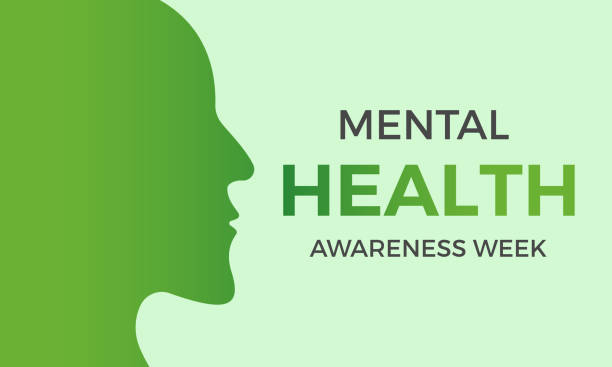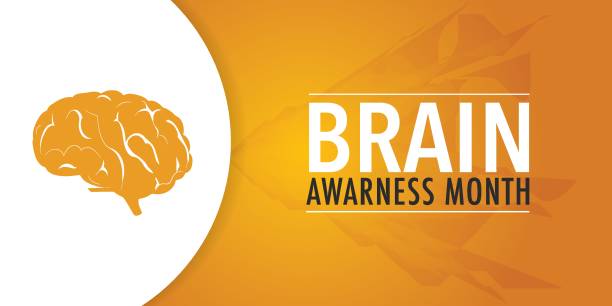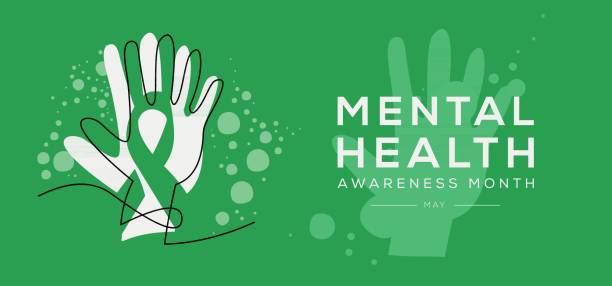Indian NGOs Promoting Mental Health Awareness
The mental health has been gradually starting to get some attention in India. However, now it has been exposed to people that mental health is more important than physical health. However, there are many communities which still lack access to good care. Awareness deficit, stigma and resource insufficiency are also crucial factors.

The Reasons Mental Health Awareness is Necessary.
There are millions of mentally ill people in India. Some disorders which might not be observed include anxiety, depression, bipolar disorder, and post-traumatic stress condition. Families may not notice the early symptoms. This leads to late treatment and inadequate performance. Indian NGOs Promoting Mental Health Awareness are trying to change this by educating the community. They create campaigns, workshops and training activities that are distributed to schools, the workplace and in the rural areas. Awareness not only provides people with a motivation to seek help, but it also brings empathy to the society.
The rising need of Mental Health in India.
India has a shortage of trained psychiatric workers. Recent studies show that some of them only have one psychiatrist per 200,000 citizens. The rural population has very limited access to care. It is a social stigma that makes many people unwilling to discuss the issue of mental health. This makes even more complex the work of Indian NGOs Promoting Mental Health Awareness. They fill such gaps by offering culturally sensitive, affordable and accessible services.
Key Roles of Indian NGOs Promoting Mental Health Awareness
Counseling and Therapy.
Counseling is an important component in mentally challenged individuals. Not all can provide individual therapy. Indian NGOs Promoting Mental Health Awareness provide low or free-cost counseling. People go through stress, anxiety, depression, trauma, and grief with trained counselors and licensed therapists. The support is not rigid but it can be in the form of either online counseling or group counseling.
Helplines and Internet Help.
Digital assistance has revolutionized the sphere of mental health care. Help 24/7 through helplines, WhatsApp chats and online counseling. The NGOs have mobile applications to contact the needy. This particularly comes in handy when someone happens to be alone. Indian NGOs Promoting Mental Health Awareness have helped people to easily receive guidance without fear or procrastination.
Peer Networks and Community Programs.
Peer support is the best method of combating the stigma against mental health. NGOs create community-based programs that allow people to communicate and help one another. The town volunteers receive training to be group leaders. This kind of work fosters social cohesiveness and offers 24/7 support. Indian NGOs Promoting Mental Health Awareness have already managed to establish local networks both in urban and rural territories.
Policy and Advocacy.
Besides direct care, Indian NGOs Promoting Mental Health Awareness stimulate structural change. They join the government agencies in enforcing mental health policies and guidelines. Wellness programs at workplaces, school-based mental health and awareness campaigns are some examples. Policy advocacy provides mental health with a long-term dimension both at the societal and institutional level.
Prominent Indian NGOs Promoting Mental Health Awareness
1. The Live Love Laugh Foundation
It is a depression-awareness non-profit organization that was co-founded by actress Deepika Padukone. It conducts national campaigns and provides educational material and finances research. The foundation has created a massive media buzz around the topic of mental health, opening up dialogue and de-stigmatizing mental illness.
2. The Banyan
The Banyan serves the mentally ill homeless. It provides security, medical care, counseling and healing. They restore dignity in their society as they have their mental health and social well-being considered in the same approach.
3. AASRA
AASRA is the initial Indian NGO that is involved in preventing suicide. They offer crisis intervention through helplines and Web-based services. Trained counselors also attend to emergencies by referring the individuals to long term care. They have saved so many lives through their work and made people aware of how they can prevent suicide.
4. Sangath
Sangath is concerned with research based mental health programs. They work a lot with communities and children. They base their interventions on early detection and prevention. Sangath is an organization that collaborates with schools and assists them in integrating mental health education into their curriculum.
5. Vandrevala Foundation
National helplines and sensitization programs are aware of Vandrevala foundation. These are the youth mental health and online outreach. Their programmes are based on the use of social media and online platforms to provide information, support and crisis intervention.
6. Mind Matters Foundation
Mind Matters Foundation is a mental health workplace Foundation. They conduct seminars, webinars and trainings on employees and HR professionals. By increasing mental health literacy in workplaces, they help to make work places healthier.
7. Medicover Foundation India
Medicover is specialized in the rehabilitation and treatment of chronically mentally ill people. They include medical treatment and vocational training of individuals who become independent.
8. MIND India
Rural mental health awareness is of interest to MIND India. They also offer community outreach, train local volunteers and run mobile clinics which offer mental health services. This will guide and assist the people in the remote areas.
Impact of Indian NGOs Promoting Mental Health Awareness
Such NGOs have far reaching influence. There is increased education of societies on issues of mental health. The stigma in most of the areas has subsided and individuals are ready to seek help. More serious complications are also prevented by intervention at an earlier age. Schools and places of work are now incorporating mental health programs. NGOs have also brought government projects and change of policy. The idea of awareness, support, and change as the creator of the Indian mental health is transforming the field of Indian mental health.
Mental Health NGO problems.
These NGOs are challenged despite their success. Program funding limits the scope of programs. In villages, the trained psychologists are usually lacking. There are still a number of them who cannot seek help because of cultural stigma. There is no possibility of implementing such technological solutions as teletherapy in regions with a low level of internet penetration. Most people continue holding misconceptions about mental health despite the awareness campaigns. Indian NGOs Promoting Mental Health Awareness will always face the need to be innovative in order to overcome the barriers.
The donations that can be provided by people.
Mental health NGOs are simple and simple to fund. You can donate money, time or resources. More people can be reached through awareness campaigning, workshops and helplines by volunteering. Companies can develop mental health programs at the workplace together with NGOs. Schools may collaborate to offer student mental health. However, awareness creation is propagated even when information on programs and helplines is disseminated on social media. Every little step will produce a greater change.
Recommendations concerning how to retain Mental Health.
Supporting NGOs is one of the methods to promote mental health, but one should also take care of himself. Maintaining a healthy mind requires some simple steps:
1. Regular Exercise: Exercise releases endorphins that make a person feel good.
2. Eating Well: Diet influences the degree of intellectuality and vitality.
3. Sleep: Sleep deprivation makes anxiety and depression worse.
4. Mindfulness and Meditation: This reduces stress in life through meditation.
5. Relationships: Good relationships make people feel good.
6. Help Seeking: Do not be afraid to seek help with mental health providers or NGOs where needed.
Future of mental health consciousness in India.
The future is clear. Indian NGOs Promoting Mental Health Awareness will be acquiring more territory. Technology will provide assistance in developing mental health more comfortably. The policies of the government are slowly shifting towards mental health. The collaboration of NGOs, communities, schools, workplaces and individuals will contribute to the development of a more robust mental health ecosystem. Mental health will become more of a priority and not a taboo topic.

Conclusion
In India, Indian NGOs Promoting Mental Health Awareness. Their counseling services, helplines, awareness campaigns, community programs, and policy advocacy have changed the lives of a massive number of individuals. These NGOs play a very crucial role in the promotion of mental health through the reduction of stigma and the promotion of access to care and the education of society. With their support, a healthier society that is more empathetic is formed. Mental health is no longer just a secret fight because of their effort and hard work.
FAQs
How can I contact Indian NGOs Promoting Mental Health Awareness?
Helplines, Internet chats, email, and meeting in person are offered by the overwhelming majority of NGOs. Their sites provide the information about a way to contact them.
Do students and professionals volunteer with Indian NGOs Promoting Mental Health Awareness?
Yes! Volunteers are needed to provide workshops, campaigns, helpline support and awareness programs. Contact the NGO to find out what is available at the moment.
Are NGO-rendered mental health services free?
The number of free or low-cost services is huge. Other NGOs such as this one charge cheap therapy sessions to sustain themselves.
